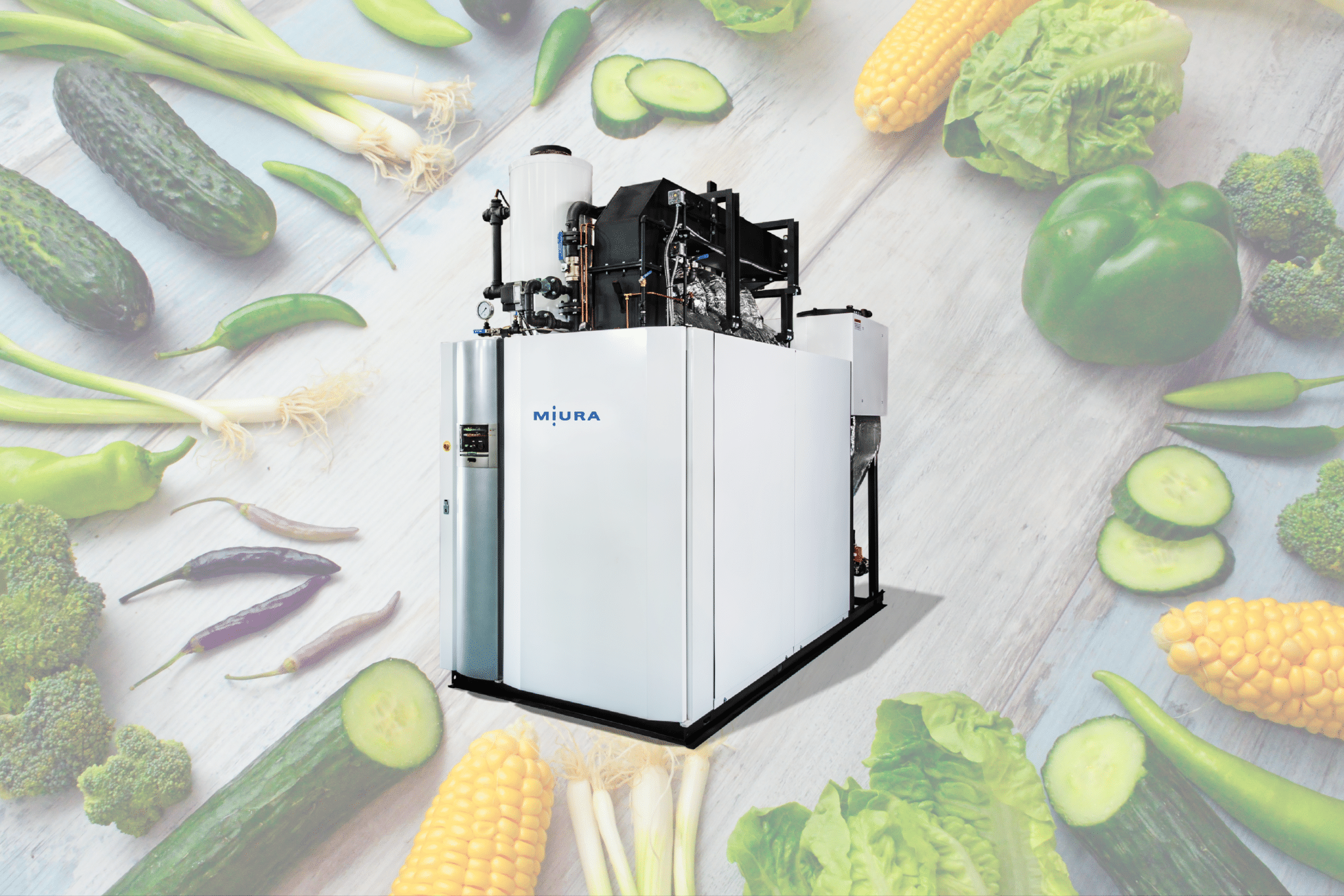Modular Boilers Maximize Efficiency in the Food Industry
It’s vital that the food processing industry — whether they’re producing dried fruits or poultry— be as efficient as possible so that they can produce high-quality products and keep prices reasonable. Fortunately, low emission Miura boilers are helping the food processing industry maximize their efficiency.
Traditional boilers need more than an hour to warm up and get anywhere close to operating at full capacity. Not only does this waste time and hinder productivity, but it also adds to the energy costs that food companies pay. This results in them having to charge higher prices for their products, which affects consumers everywhere.
Modular boilers manufactured by companies like Miura can start producing steam in a matter of minutes. This allows for more efficient food production, in addition to helping companies in this industry save money by using less energy to power their boilers.
Modular boilers are used in the food processing industry to solve one of their greatest challenges, which is fuel and water consumption. Businesses in this industry need to be careful about how much fuel and water they use. Companies in California face strict regulations on how much fuel and water they can use because of the severe droughts in that part of the country.
Fortunately, Miura’s low emission boilers are designed to reduce the amount of fuel and water needed to make them operate without sacrificing productivity. With boilers that can start running in a matter of minutes, far less fuel is wasted.
“I’ve been in this industry for over 45 years, and have researched — or worked with — all the major boiler companies,” Al Souza, director of operations for Titan Frozen Food in California. “None of them were able to offer an energy efficient package to meet our sustainability and production needs like Miura.”
With the help of modular boilers, the food industry can keep churning out our favorite products with much greater efficiency. Their fuel consumption, water usage, and environmental impact are all reduced, and more importantly, so are the prices we pay for the meat, vegetable, and dairy products we eat.

